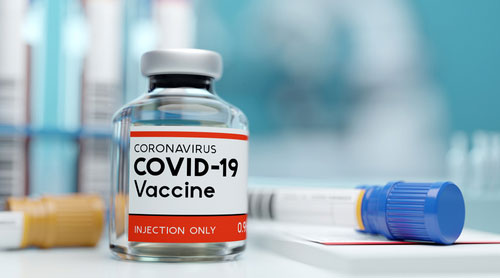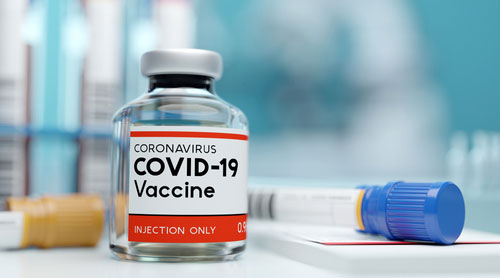An Indian drug regulatory panel has rejected a proposal for a direct large-scale phase 3 clinical trial of a Russian candidate vaccine against the coronavirus disease in India and sought an additional preceding phase 2 trial.
The expert panel examining proposals relating to Covid-19 for the Central Drugs Standards Control Organisation has asked the Hyderabad-based Dr Reddy’s Laboratories to submit a proposal for a phase 2/3 clinical trial of the candidate vaccine Sputnik V.
Dr Reddy’s had submitted to the regulatory body a phase 3 trial protocol along with overseas data from phase 1 and phase 2 studies and non-clinical toxicity data. The company in partnership with the Russia Direct Investment Fund (RDIF), the Russian government’s sovereign fund, had last month signalled their intention to propose a phase 3 trial of Sputnik V in India.
Neither Dr Reddy’s nor the RDIF responded to The Telegraph’s queries on the panel’s decisions.
A phase 3 trial is typically a large-scale exercise in which the vaccine candidate is given to several thousands of volunteers to determine its protective efficacy. Under standard procedures, a phase 1 trial examining safety and a phase 2 trial examining the immunogenicity need to precede a phase 3 trial.
Russian authorities have said phase 1 and phase 2 trials of Sputnik V in that country have already shown the candidate to be safe and immunogenic and have launched a phase 3 trial there on around 40,000 volunteers.
But the CDSCO panel has noted that the safety and immunogenicity data in the overseas phases 1 and 2 studies are “small” and that there is no data available on Indian volunteers.
Russian researchers had conducted phases 1 and 2 trials of the Sputnik V candidate in 76 volunteers between June 18 and August 3 and reported that it had a good safety profile and generated strong immune responses in the recipients.
The panel has recommended that Dr Reddy’s should follow the regulatory requirements and conduct phase 2/3 clinical trial in India with proper monitoring for immune responses. The panel has asked the company to submit a protocol for such a trial.
Dr Reddy’s and the RDIF had also announced last month that the RDIF would supply 100 million doses of the vaccine starting late 2020 but subject to successful completion of trials, registration and approval by the regulatory authority.
Independent vaccine researchers have said a scientific paper published by the Russian researchers with the vaccine data looks impressive but the actual proof of protection from the virus can only come from a phase 3 trial. Scientists say the timeline for phase 3 would depend on how soon the company can submit the proposal and conduct phase 2/3.
India is already assessing two homegrown vaccine candidates — one from the Hyderabad-based Bharat Biotech and the other from the Ahmedabad-based Zydus Cadila — currently in phase 2 trials and the Oxford-made candidate in phase 2 and 3 trials.
The trials on the homegrown vaccines started in July and scientists and regulators are currently awaiting the outcomes of those safety and efficacy studies.











